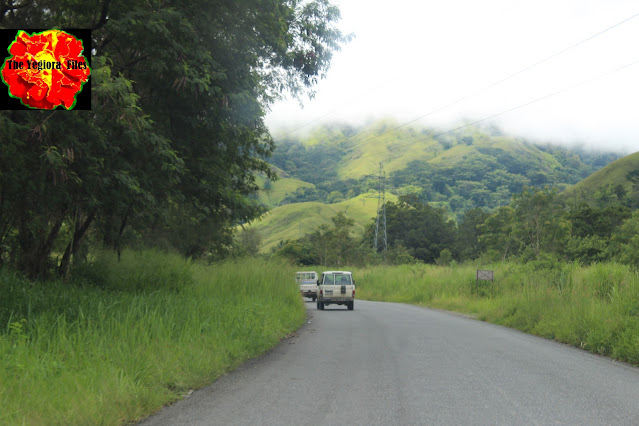The Remarkable Transformation: Deng Xiaoping's Reformation and China's Economic Rise

In the realm of history, the term "reformation" carries a profound significance. It encapsulates the eradication of abuses, particularly in the political sphere, and the pursuit of improvement. As a noun derived from the verb "reform," which denotes the act of making something better, reformation embodies the essence of progress and change. Throughout human history, societies have continually strived to enhance their way of life. One such striking example of determination for change can be found in the reform initiatives undertaken by Deng Xiaoping, which played a pivotal role in reshaping the course of China's development. The Visionary Reformer: Deng Xiaoping Deng Xiaoping, also known as Teng Hsiao-ping, stands as a towering figure in the annals of Chinese Communist history. His strategic thinking was profoundly influenced by Confucian-Taoistic Dialectics of Harmonization, a perspective deeply rooted in the Chinese heritage. Deng's reform endeavors were fu


.png)
.jpeg)